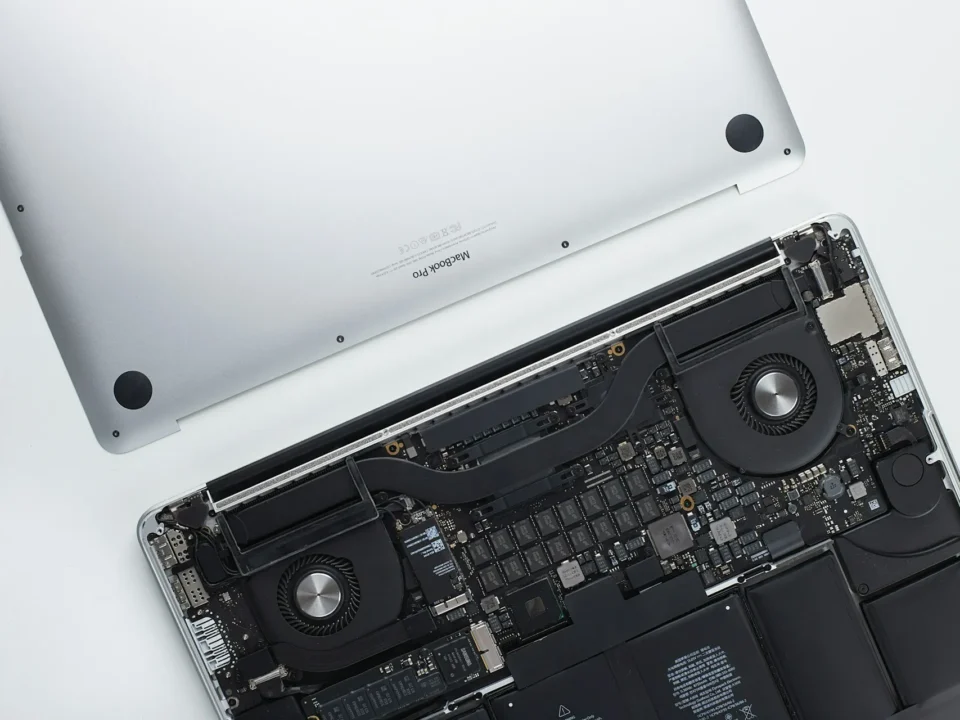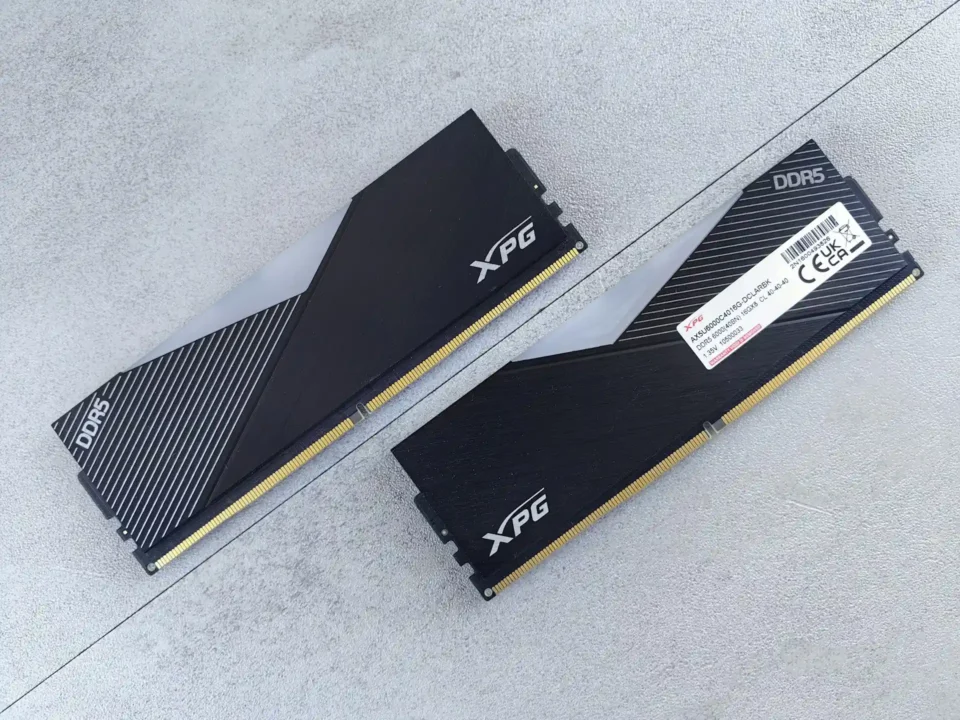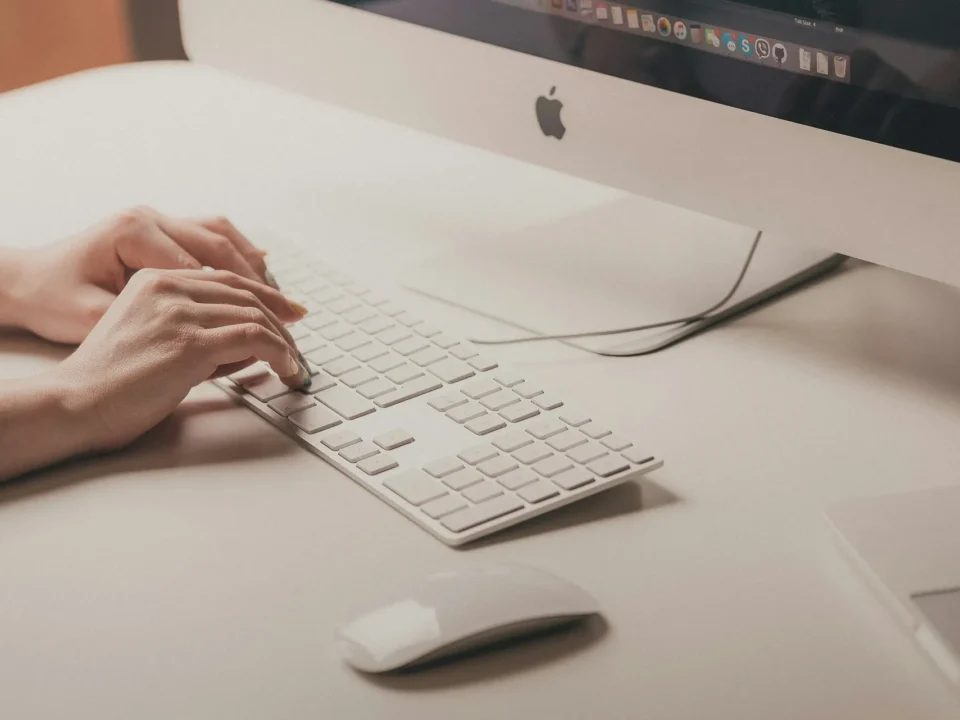Overheating Laptop: Causes & Solutions

How to protect your PC or Laptop from Malware?
December 23, 2022
Blue Screen (BSOD): Causes, Symptoms, and Fixes
March 1, 2023An overheating laptop can be a real drag, and might even lead to permanent damage if not taken care of promptly. But don’t worry – it’s not an uncommon problem, and it’s one that is relatively easy to resolve.
In this article, you will learn what you need to know about overheating laptops, what to do, what to expect, and what might be causing the problem.
The cause of laptop overheating
Before we proceed with the solutions, let’s talk about how it all starts. Here are the most common causes and issues that could make your laptop overheat:
- Restricted airflow
- Fan problems
- Running multiple programs at the same time
- Dust and debris buildup in the cooling system
- Faulty power supply
The most common cause of overheating laptops is inadequate ventilation or a blocked air vent. If your laptop doesn’t have enough airflow, the heat generated by the internal components won’t be able to dissipate, causing it to overheat.
Another possible cause could be a failing fan. If your laptop’s fan is no longer working, it won’t be able to cool down the hardware, leading to excess overheating. Dust and debris buildup in the cooling system is another cause that may affect your laptop and that is an indication that it needs professional cleaning.
If you are running multiple programs at the same time, that may sometimes overwhelm the CPU and temporarily cause your laptop to overheat and slow down. This is the best-case scenario, as you can just close the programs and let the device cool off.
Finally, it’s possible that the cause of the overheating could be due to a faulty power supply. If your laptop’s power supply isn’t working correctly, it may be sending too much power to the internal components, causing them to overheat.
What to do at home to reduce overheating?
Clean the cooling system
Make sure that the vents on your laptop are free of dust and debris and that you are regularly cleaning out the vents and fans. Use a can of compressed air to blow out dust and debris from the air vents and fan on your device. This will help improve airflow and make it easier for the laptop to dissipate heat. Please note, this is best done by professional repairmen who know their way around a laptop.
Use a cooling stand
These devices help to elevate the laptop and provide additional airflow to keep it cool. They are a viable solution in case your laptop has minor overheating problems due to inadequate ventilation.
Keep the laptop on a hard, flat surface
If your laptop is on your lap or on a bed or couch, the airflow will be restricted and it won’t be able to cool itself down effectively. Place it on a flat, hard surface like a desk or table to give it the best chance at cooling down. You need to ensure that the air vents are not blocked and that the laptop can dissipate heat effectively.
Close unnecessary programs and tabs
Running many programs and tabs at the same time can cause the CPU to work harder and generate more heat. This is a great temporary solution if your laptop rarely overheats. But if the problem is serious, it needs to be checked out by a qualified technician.
Run in a well-ventilated area, away from heat sources
Keep the laptop in a well-ventilated area where the air can circulate freely around it. You should also place it away from direct sunlight or heat sources. This will prevent the laptop from overheating due to high ambient temperatures.
Use a temperature monitoring software
Finally, you should make sure that your laptop’s internal components are running at their optimal temperatures. This will ensure that your laptop is running as efficiently as possible and that it won’t overheat. You can either use temperature monitoring software or take your laptop to a technician who can check your laptop’s temperatures for you.
Once you’ve taken the proper steps to cool down your laptop, you should expect an immediate decrease in the temperature. If the problem persists, then it’s likely that the cause of the overheating is something more serious. This is a clear indication that you need to take your overheating device to a professional technician for assessment and repair.
Why take your overheating laptop to the repair shop?
If you have tried everything at home, but nothing works, then you should take your laptop to a technician who can successfully diagnose the problem and find a solution. It’s important to note that if the problem is with the hardware, it may not be fixable, and you may need to upgrade or swap your parts or purchase a new laptop.
But instead of making assumptions or finding temporary solutions to a long-term problem, take your laptop to reliable repair experts like Eagletech. Technicians have all the tools, knowledge, and expertise to stop your laptop from overheating and give you the best advice.
In conclusion, it’s important to take proper care of your laptop to ensure that it doesn’t overheat. If you’ve taken the proper steps and your laptop is still overheating, then it’s best to take it to a qualified technician who can diagnose and fix the problem long-term.




